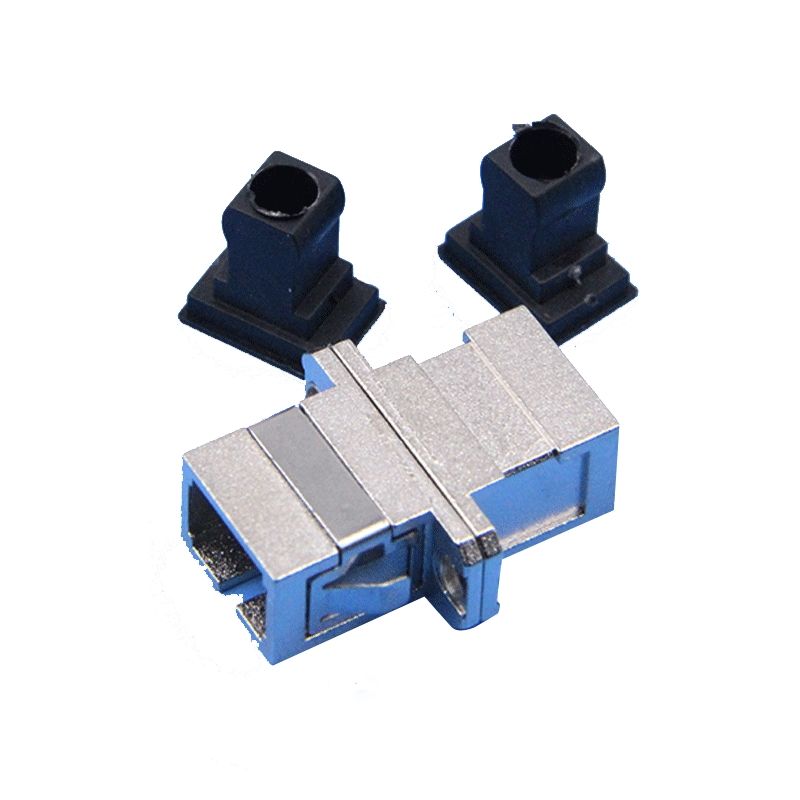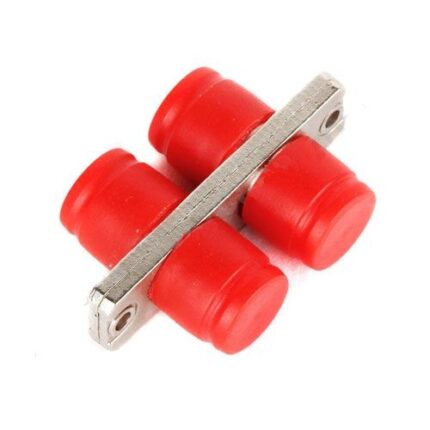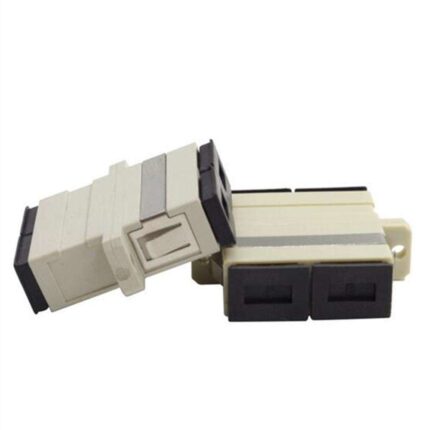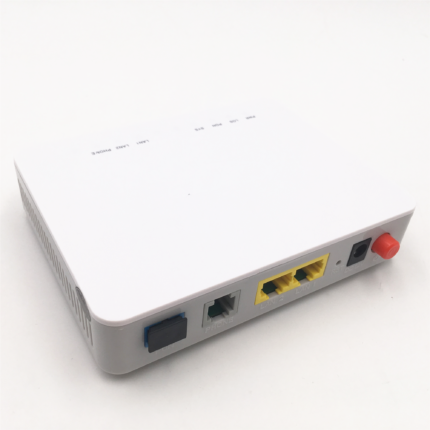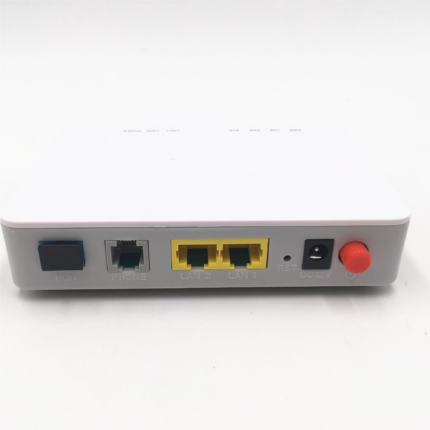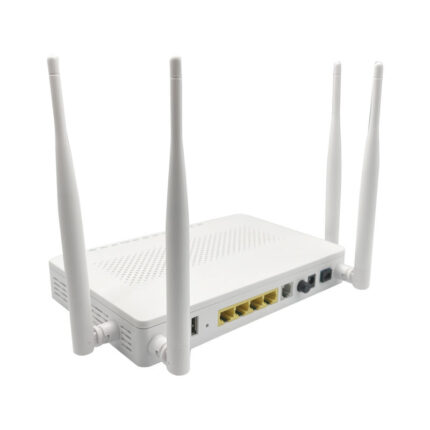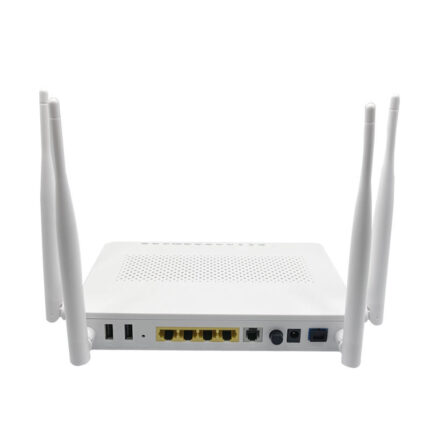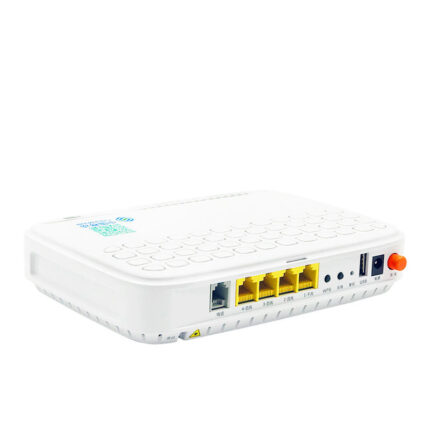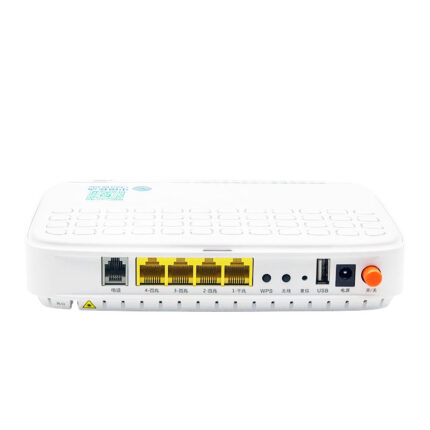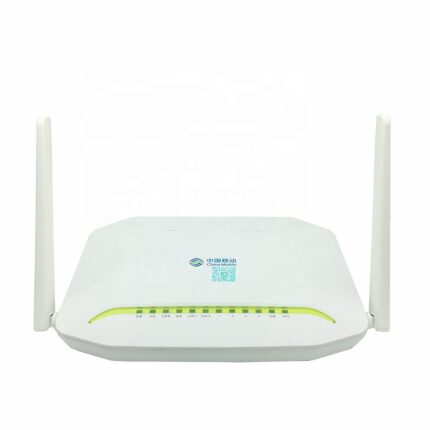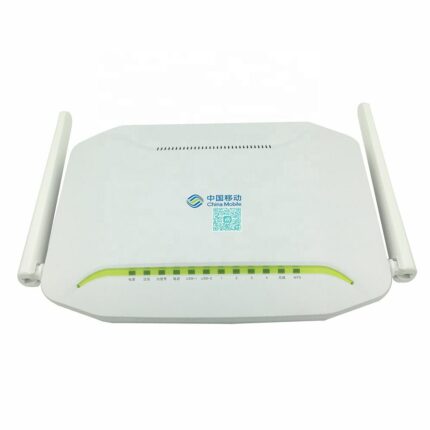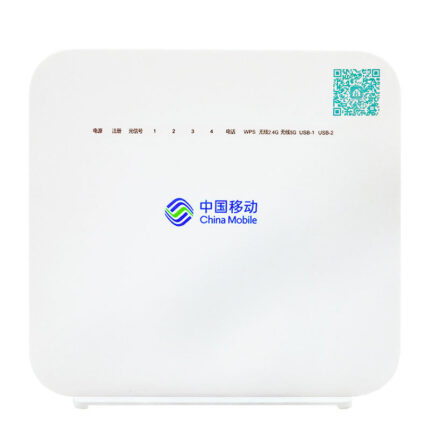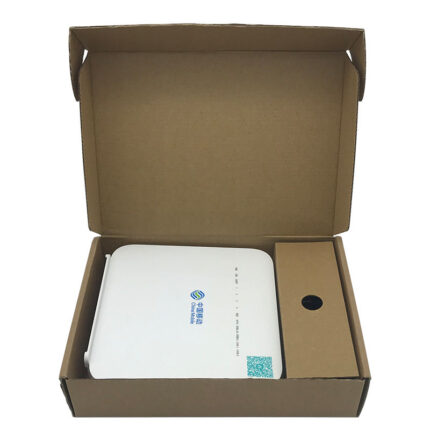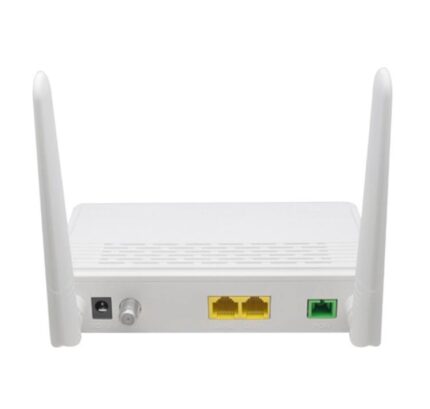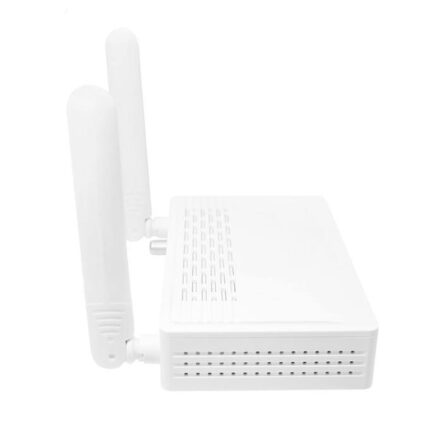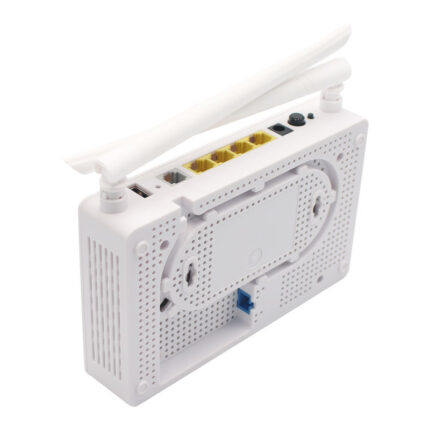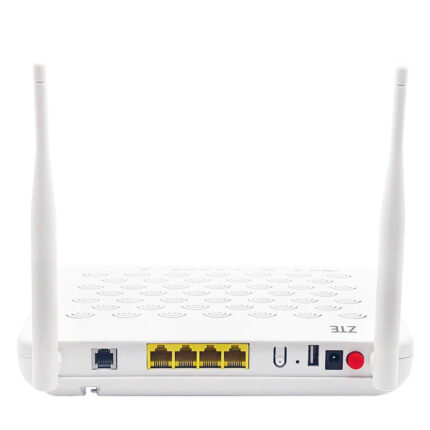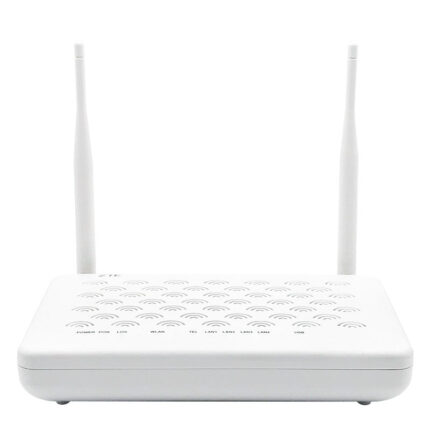Metal Fiber Adapter Description:
The Metal Fiber Adapter is use with FC/APC connectors. The Metal fiber optic adapter is designed for used with single mode fiber. The Metal fiber optic adapter has a high quality square metal body which ensures long-lasting operation in a variety of installation scenarios. The L-com FOA-962 is one of thousands of fiber optic products continually in-stock, and ready for same-day shipping.
The Female to Female Hybrid Fiber Optic Adapter is mainly used to connect two different types of optical fiber connectors. The adaptor adopts straight barrel type butt joint, both single mode and multimode connectors can be adapted, with high mechanical dimensional accuracy and stable performance. Products include: SC-LC, SC-FC, SC-ST, FC-LC, FC-ST, ST-LC, etc.
This ST Simplex Adapter allows you to patch together ST connectors or ST fiber patch cables quickly. The ST coupler is particularly suitable to connect two single fiber STs for a fast, precisely, quality field connection. The ST adapters feature zirconia ceramic alignment sleeves which provide precision mating for singlemode applications.
Features:
*Available in Flanged and Flangeless options
*Precision connection with sleeve
*Low insertion loss, High Return loss
*Good interchangeability and reliability
*Meet IEC and ROHS standards
*High precision of mechanical dimensions Accuracy
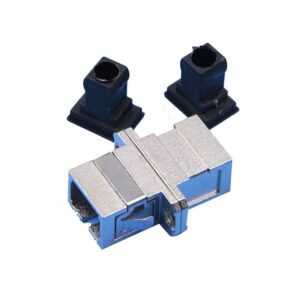
Product Parameter:
|
Item
|
Parameter
|
|
Adapter Type
|
Female to Female Hybrid Fiber Optic Adapter
|
|
Fiber Count
|
Simplex/Duplex
|
|
Insertion Loss
|
≤0.3dB
|
|
Fiber Type
|
SM/MM
|
Product Details of Metal Fiber Adapter:
|
Technical Performance
|
||||||
|
Item
|
Parameter
|
|||||
|
Insertion Loss
|
≤0.3dB
|
|||||
|
Conformity
|
≤0.1dB
|
|||||
|
Operating Temperature
|
-40℃~+75℃
|
|||||
|
Durable Time
|
Loss change after plugging 1000 times ≤0.2dB
|
|||||
Fiber optic adapter, also called coupler, is a small device designed to terminate or link the fiber optic cables or fiber optic connectors between two fiber optic lines. By linking two connectors precisely, fiber optic adapters allow the light sources to be transmitted at most and lower the loss as much as possible. At the same time, fiber optic adapters have the merits of low insertion loss, good interchangeability and reproducibility. And each fiber optic Adapter is functionally tested before shipping.
